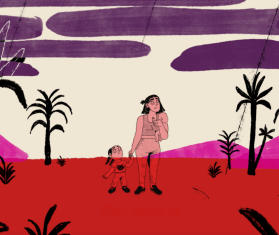New Delhi/Geneva – February 9, 2010 – In a welcome move for access to medicines, the Delhi High Court has rejected the appeal filed by the German pharmaceutical company Bayer Corporation against an earlier court order which had rejected the implementation of a drug regulatory system which essentially linked registration of medicines to their patent status.
In August 2009, the Delhi High Court had rejected the petition filed by Bayer Corporation, seeking to stop the Drug Controller General of India (DCGI) from granting marketing approval to a generic version of a cancer drug patented by Bayer.
“We are delighted with this decision – at the moment in India we are seeing a number of multinational pharmaceutical companies trying to use litigation to stifle generic competition,” said Dr. Tido von Schoen-Angerer of Médecins Sans Frontières’ Campaign for Access to Essential Medicines. “By rejecting Bayer’s attempts to introduce patent linkage, the Indian courts have ensured that public health safeguards like compulsory licensing can be used to open up generic production of life-saving medicines including antiretrovirals for millions in India and beyond. We hope this judicial precedent of safeguarding public health in patent disputes will continue, as matters such as these, and the forthcoming Novartis case go up to the Supreme Court.”
Anand Grover, counsel for Cancer Patients Aid Association added: “In India, we do not have a patent linkage system. The patent system and the drug regulatory system are two separate and independent mechanisms and this is Parliament’s intent. We hope that Bayer and other pharmaceutical companies respect this fact. A patent holder cannot use the DCGI, a government agency, to enforce its private rights. This was an attempt to introduce a TRIPS-plus requirement in India, which has been rejected.”



